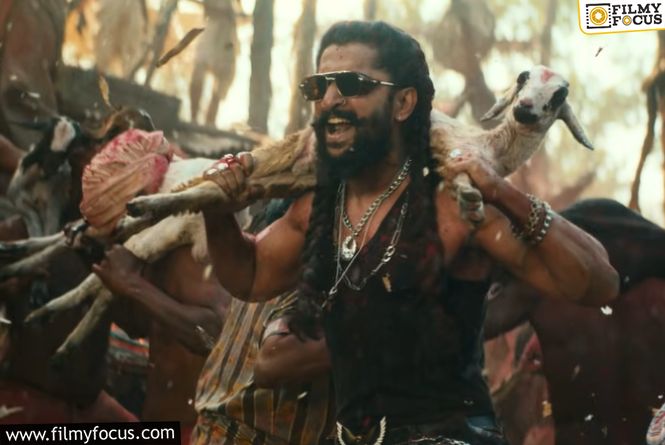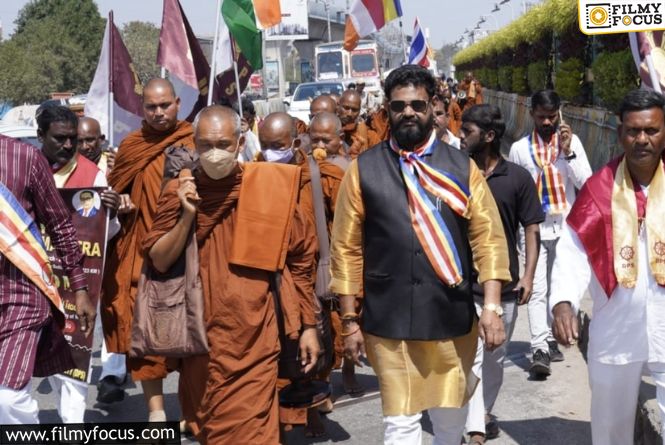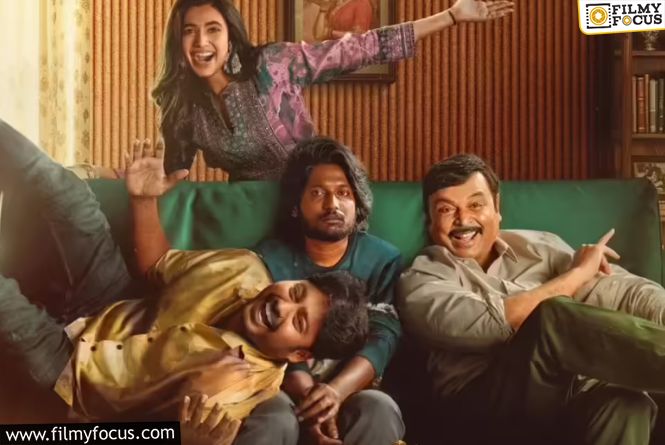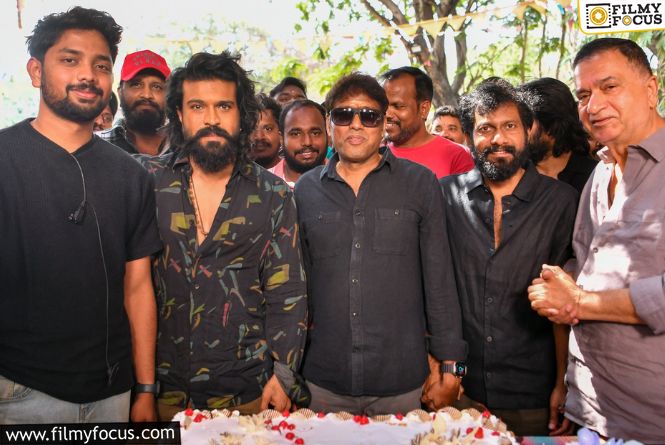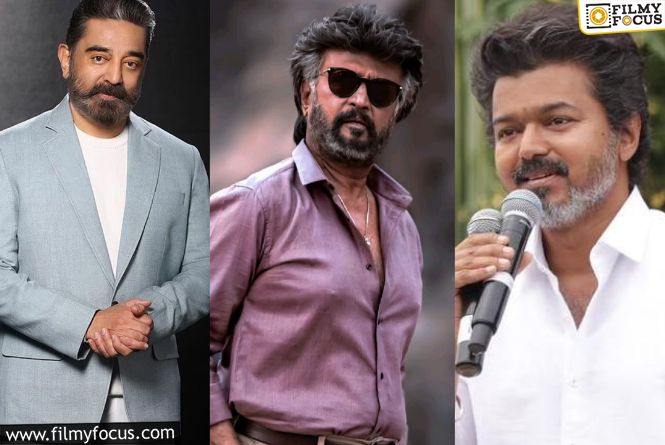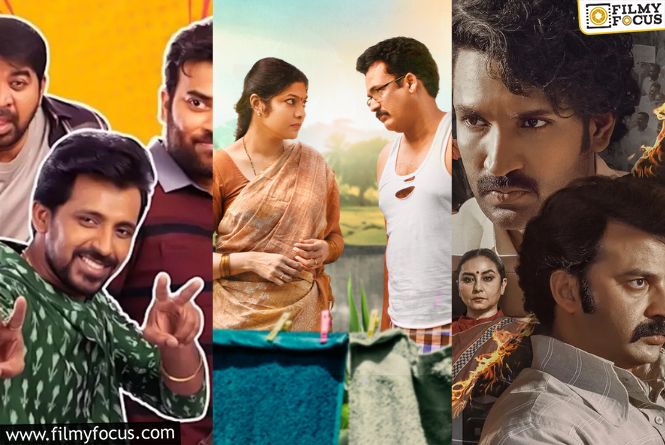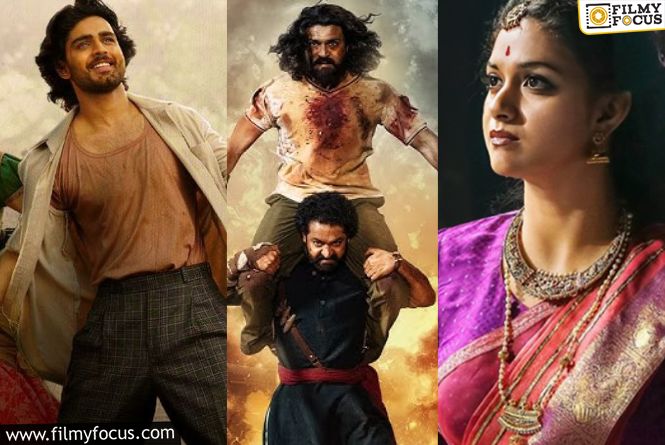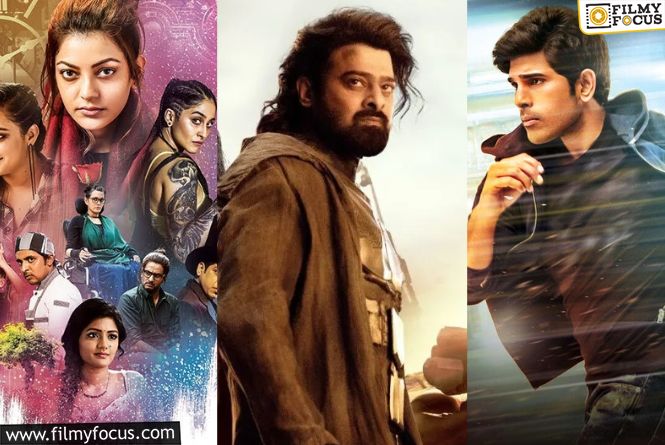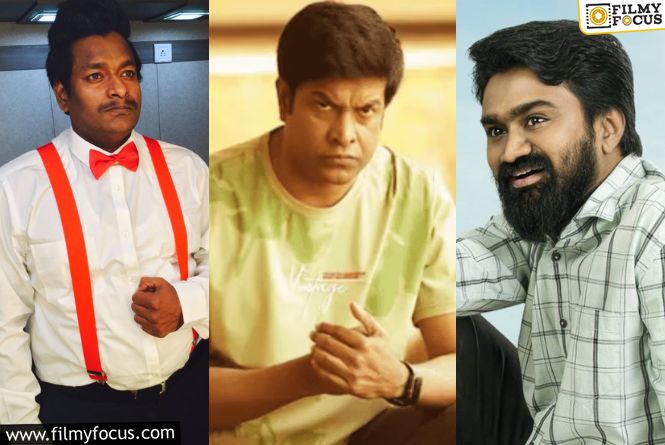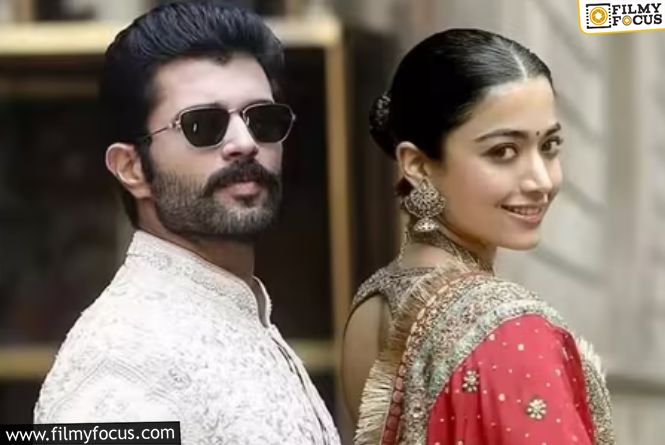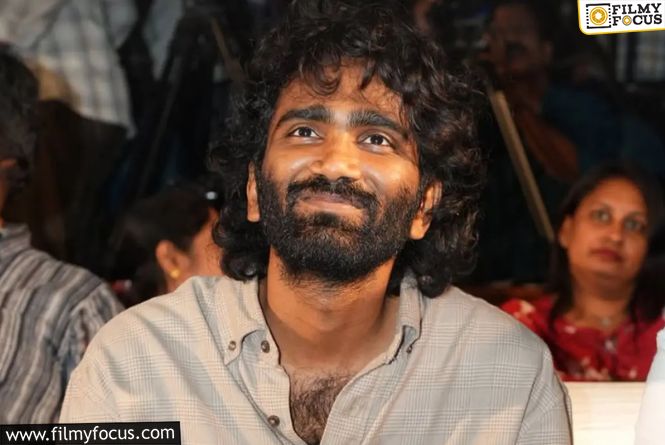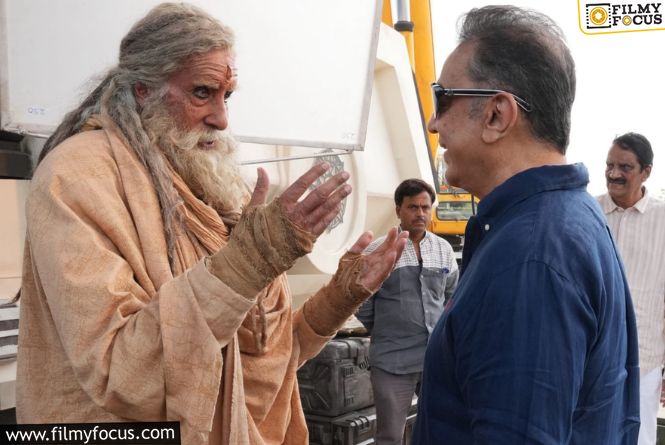Movies that Got Banned in India
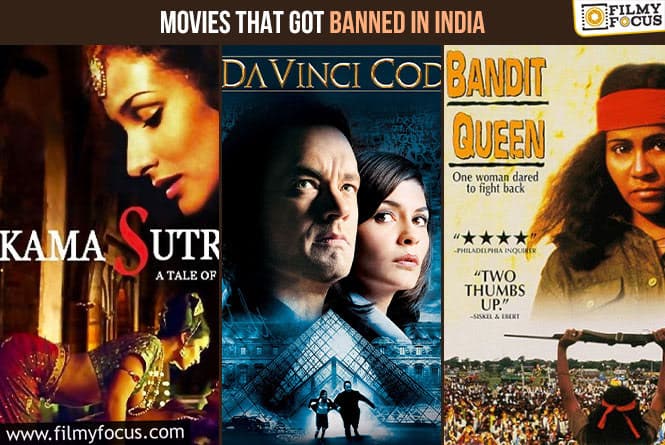
India, a land rich in cultural diversity and artistic expression, has had its fair share of controversies surrounding cinema. Over the years several films have faced the wrath of censorship boards and public outcry, leading to their ban in the country.
-
Bandit Queen” (1994):
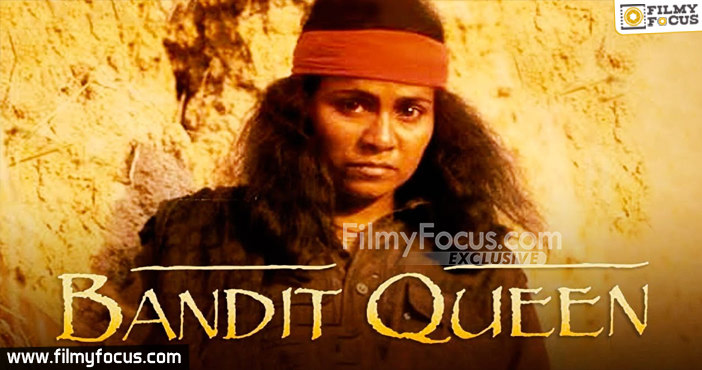
Directed by Shekhar Kapur, “Bandit Queen” portrayed the life of Phoolan Devi, a notorious female dacoit. The film faced intense scrutiny for its explicit scenes of violence, rape, and nudity, leading to its ban. However, it was released with an ‘A’ (adults only) certificate after several cuts and modifications.
-
“Fire” (1996):

Deepa Mehta’s “Fire” explored a same-sex relationship between two women within a traditional Indian family. The film faced backlash from conservative groups who found its depiction against Indian culture and values. Protesters vandalized theatres, leading to their ban in several states.
-
“Black Friday” (2007):

Based on the 1993 Bombay bombings, Anurag Kashyap’s “Black Friday” was banned due to its sensitive subject matter and potential to disrupt communal harmony. The ban was lifted only after a long legal battle, allowing its release in 2007.
-
“The Da Vinci Code” (2006):

The film adaptation of Dan Brown’s best-selling novel faced opposition from Christian organizations in India. They believed the movie’s plot undermined religious sentiments. Despite a nationwide ban, it was released after the Bombay High Court granted clearance.
-
“Gandu” (2010):

Director Q’s “Gandu” courted controversy with its explicit content, strong language, and provocative themes. The Central Board of Film Certification (CBFC) deemed it unfit for public exhibition, leading to its ban. The film, known for its underground cult status, gained prominence through international screenings.
-
“Lipstick Under My Burkha” (2016):

Alankrita Shrivastava’s “Lipstick Under My Burkha” explores the secret lives and desires of four women in a small town. The film was initially denied certification by the CBFC for being too “lady-oriented” and exploring female sexuality. However, after a successful appeal, it was released with an ‘A’ certificate.
-
“Padmaavat” (2018):
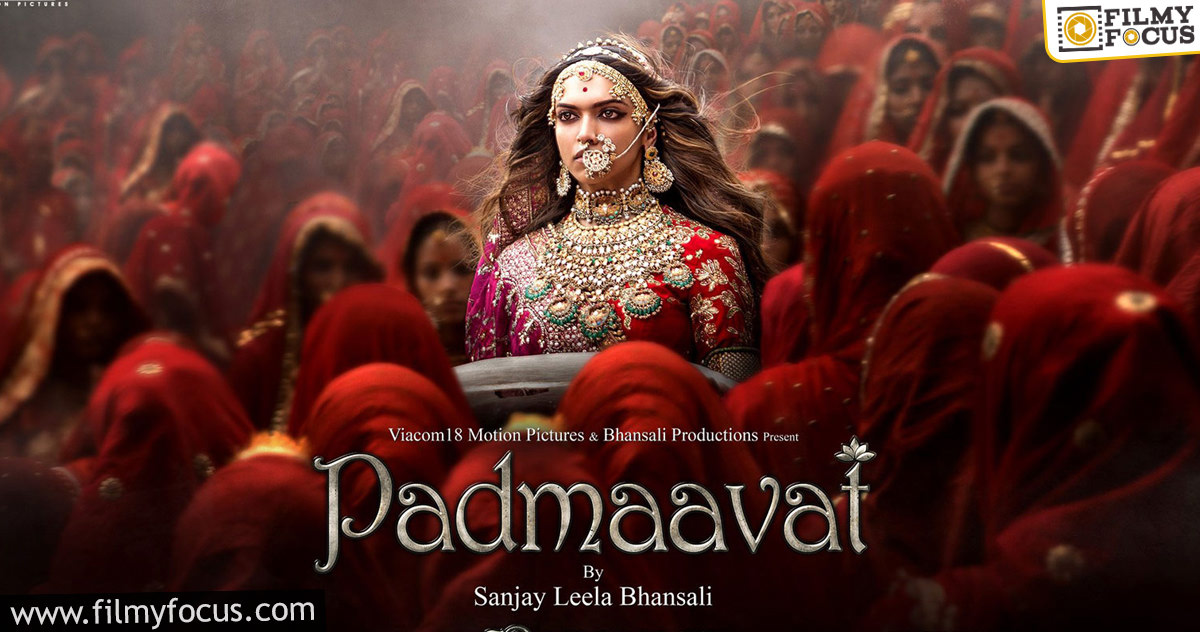
Sanjay Leela Bhansali’s epic historical drama faced vehement protests from certain Rajput groups. They alleged that the film distorted historical facts and portrayed their revered queen inappropriately. Despite widespread violence and threats, the film was eventually released with modifications and became a box-office success.
-
“Udta Punjab” (2016):

“Udta Punjab,” directed by Abhishek Chaubey, tackled the sensitive issue of drug abuse in the state of Punjab. The CBFC demanded numerous cuts and modifications, citing the film’s negative portrayal of the region. However, after a legal battle, the film was released with only one amount, highlighting the importance of freedom of expression.
-
“S Durga” (2017)
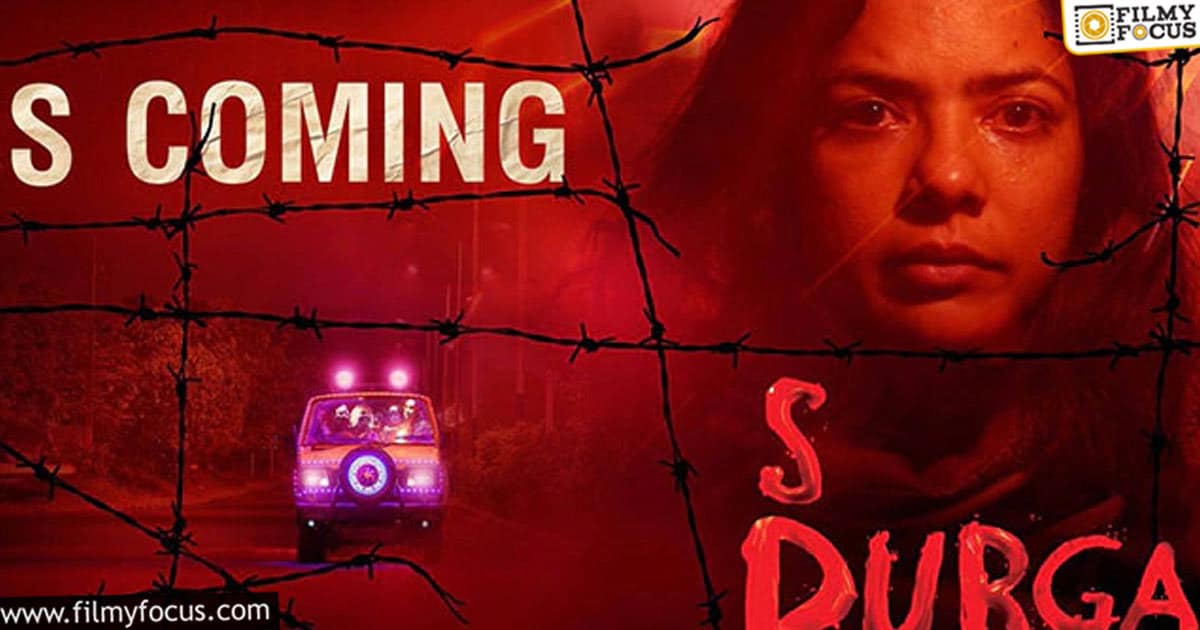
Originally titled “S**y Durga,” this Malayalam film by Sanal Kumar Sasidharan faced a ban due to its title and alleged derogatory content towards the Hindu goddess. The film, which aimed to address the issue of women’s safety, had its title changed to “S Durga” and was finally allowed for public screening.
-
“Kama Sutra: A Tale of Love” (1996):

Mira Nair’s “Kama Sutra” faced censorship issues due to its explicit S**ual content and depiction of ancient Indian S**uality. The CBFC demanded multiple cuts, but the director refused to comply. Consequently, the film faced a ban but gained international recognition for its exploration of sensuality.

